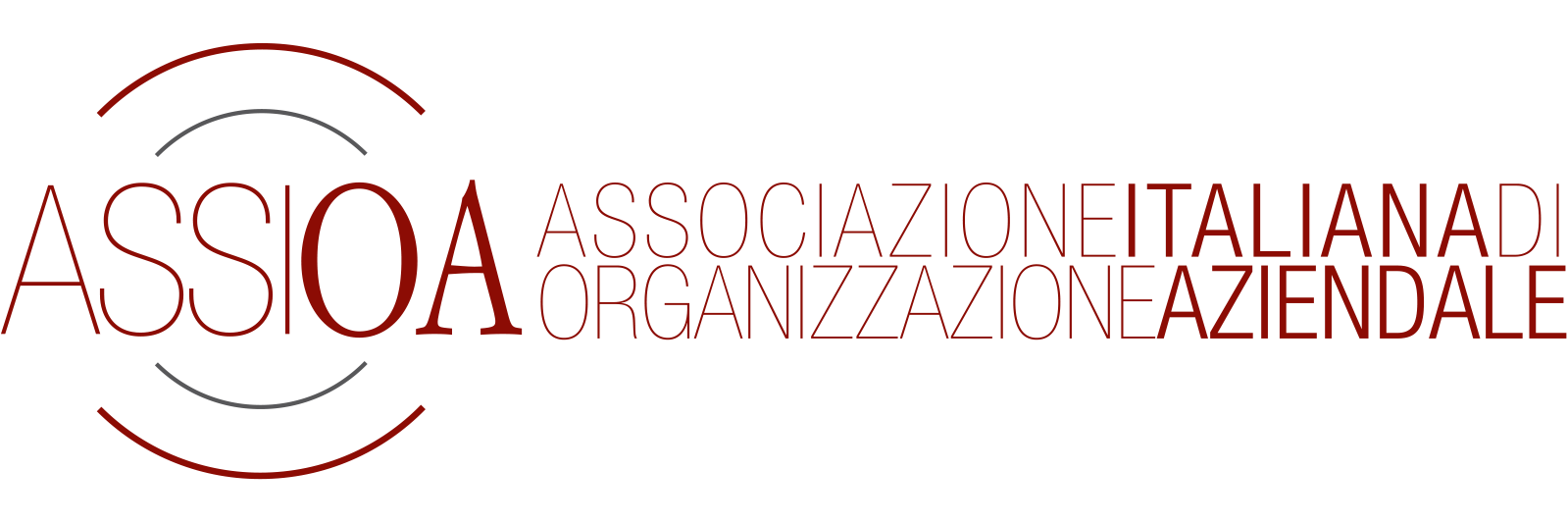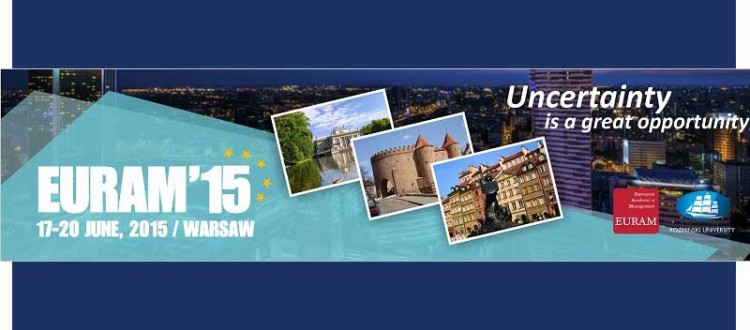Annual 15th EURAM Conference
Uncertainty is a great opportunity
Contemporary management theory and practice do not adequately address the phenomenon of uncertainty, which has come to characterise our daily lives.
The dominant stream of thoughts tells us to safeguard against uncertainty, although on both theoretical and practical grounds we should ask if that is possible.
Uncertainty is seen as an unpredictable force that can jeopardise our organising efforts. Uncertainty is supposed to leave us in the dark and not knowing what to expect and when. Moreover, the uncertainty that we are living in today is not limited to financial markets, economic and socio-political macro environments. In the age of hyper connectivity the uncertainty we are facing is evident in virtually all areas of the organisational life.
The EURAM 2015 conference will explore this this concept in an opportunity-seeking framework. Uncertainty can be both a threat and an opportunity for organisations. The positive response to the challenge of opportunity is the most constructive stand that we can take, and one that also may equip us best to deal with further challenges that the future may bring.
We will endeavour to respond to the following questions: How and in which ways do the drivers of uncertainty change? What resources do organisations need to develop in order to capture the changes that uncertainty may bring? Which organisational forms and configurations respond better to the challenges of uncertainty? What concept of leadership is most suited to steer organisations through the waves of unexpected and unpredictable storms? How can we better educate people to make them more competent individuals who are confident with uncertainty? How should organisations manage their boundaries in order to be able to absorb changes that uncertainty causes? Are the concepts that we already seem to know well such as innovation, knowledge, intellectual capital, leadership, responsibility, sustainability, diversity assuming new meanings at the time of uncertainty?
Warsaw is the ideal venue for such debates. It is located geographically, culturally and intellectually on the crossroads between East and West, North and South. The tormented history of Central and Eastern Europe, and Poland in particular, provides the most persuasive lessons of transition and of coping with uncertainty. These lessons are encrypted in people’s minds, in management practices, and in the body of research. When confronted with Western management, such a “genius loci” is capable of producing synergistic effects that we, as our community of engaged scholars, are looking for.



